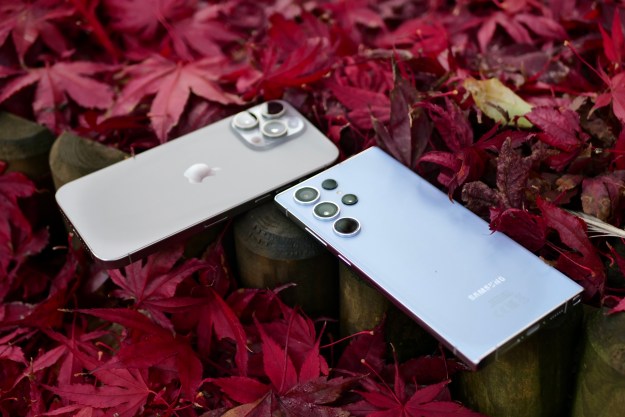Google is working on a new app archiving system for Android phones that will allow users to free up precious internal storage without having to uninstall the app or losing the linked data. It is no secret that Android phones come preloaded with a ton of bloatware hogging the onboard storage. For users who are into mobile gaming or count their phone as part of their multimedia-heavy workflow, every gigabyte of storage is crucial.
So far, the only options on the table have been uninstalling the less frequently used apps, or clearing the stored user data on each one. That will soon be a thing of the past. Google is working on something called Archived APKs. For the unaware, an APK — short for Android Package Kit or Android Application Package — is the building block of code for making an app.
Google says the app archiving system will allow users to free up to 60 percent of the storage space taken up by an app. Google plans to seed the archived APKs tool to developers with the release of the upcoming version of Bundletool 1.10. The company’s blog post defines Archived APKs as “very small APKs that preserve user data until the app is restored.” The feature will be rolled out for Android smartphone users later this year, most likely as part of the Android 13 update.

It’s an opt-in feature, which means developers can choose to enable the app archiving system for their respective apps. Or, they simply can overlook it. For users, the ability to archive an app will be a huge convenience to preserve the onboard storage on their phone. The stakes get higher in a world where smartphone brands sell phones preinstalled with apps that are barely used but can’t be uninstalled.
Take for example the T-Mobile version of the Samsung Galaxy S22 Ultra, which comes preloaded with 89 apps, a sizeable number of which are deemed essential apps that can only be disabled but can’t be installed to clean up storage space. This is a phone that starts at $1,199 and doesn’t even allow storage expansion. The situation gets even worse for cheaper phones. But Samsung is not the only brand with the bloatware problem, as the likes of Xiaomi and Vivo engage in similar tactics.
Google hasn’t shared many technical details about the app archiving system, but assures that user data stored by each app will be safe. Once an archived app is installed again, it will be back as if nothing had happened. The system is essentially app hibernation on steroids.
With Android 11, Google started offering a hibernation tool that reset an app’s runtime permissions.
Editors' Recommendations
- Android 15 release date: When will my phone get the update?
- Android phones finally have their own version of AirTags
- This Android phone is so bad I couldn’t review it
- An Android phone you haven’t heard of just won the charging game
- These are the best Android 15 features you need to know about


